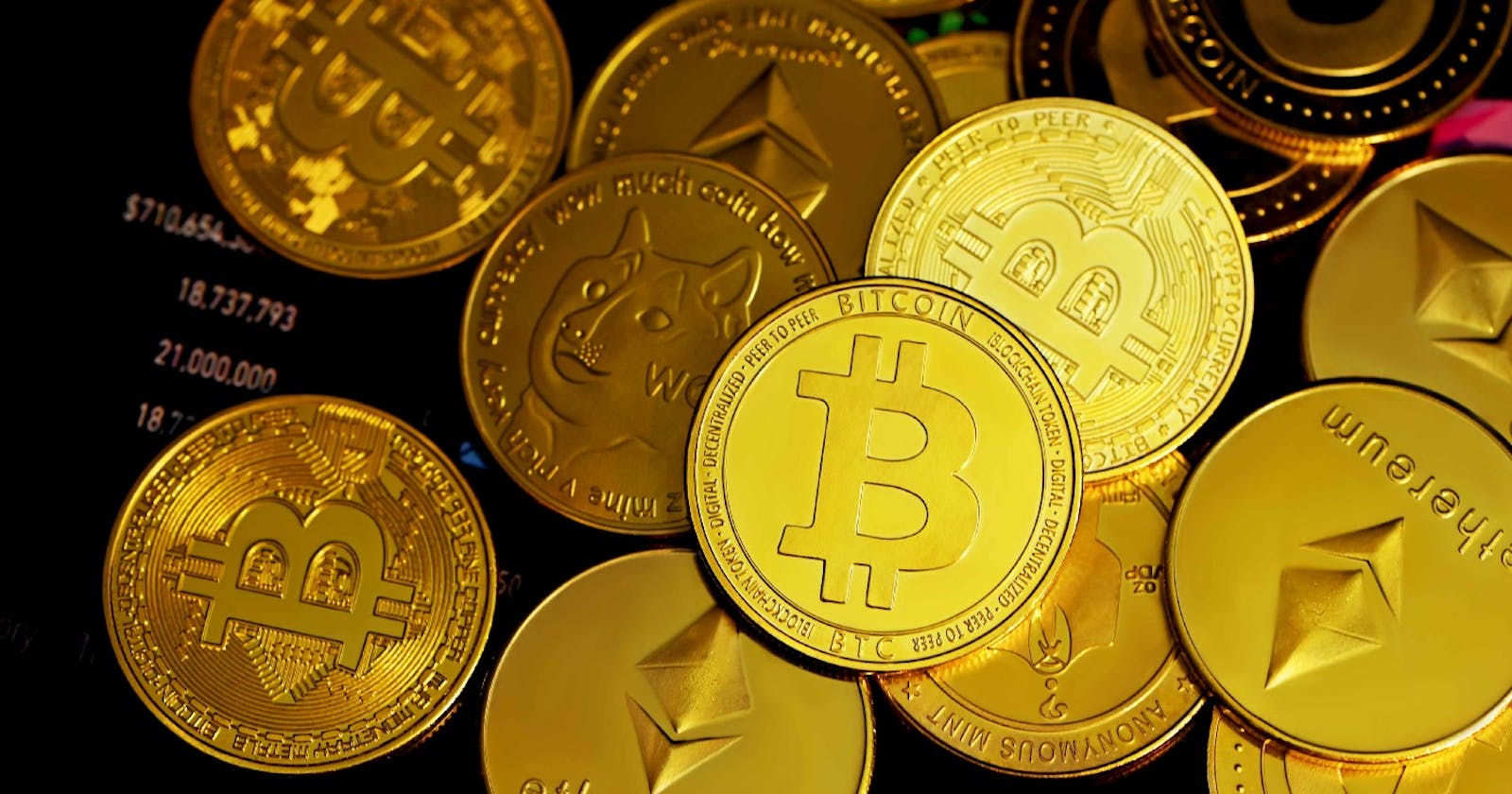Introduction
Bitcoin, Ethereum, MATIC, and many more, are all referred to as cryptocurrency and sometimes digital tokens. So what is the difference between them?
Before understanding digital tokens, let’s understand what are tokens?
Tokens
It’s easy to understand tokens in the real world when we consider an example of a casino. Casino’s issue chips that can be used in that particular casino to redeem their services.
Can that token be used somewhere else? say to purchase milk at a grocery store. No, it can’t be.
So, what are digital tokens?
Similar to physical tokens, digital tokens are issued by many mobile apps like hotel/flight booking, payment apps, laundry apps and so many more. Which can’t be used across different apps or out of their ecosystem. These tokens generally reside within their ecosystem and can be redeemed for their services or products.
Digital Token
Tokens are of some intrinsic or extrinsic value issued by a central party or software to incentivize the maintenance activity (commonly referred to as mining in a decentralized system) that has a utility within the particular context and ecosystem. The token has a value because the context in which it will be used gives it a value.
Broadly, Digital tokens can be classified into 5 categories:
Currency Tokens
These tokens are native blockchain tokens intended to be used as money for incentivizing block creation to miners. These tokens don’t have many features beyond Money/Store of value. Cryptocurrency is called Currency Tokens.
The popular example involves Bitcoin(BTC), Ripple(XRP), and Litecoin(LTC).
Platform Tokens
These tokens are required to use general-purpose decentralized networks that support a wide variety of possible applications. Platform tokens are often used specifically to mediate the use of the platform (ie, tokens are used to pay ‘gas’ in order to access the platform’s functionality) and to power smart contracts. The popular example involves Ether(ETH), Matic
Utility tokens
The holder of a utility token can redeem the token from a specific entity for a product or service rather than for an asset. The sale of utility tokens is a popular ICO(Initial Coin Offering) strategy. The popular example involves Filecoin (FIL), Golem (GNT), and Siacoin(SC)
Brand Tokens
These tokens exist as a tradeable digital token for use of one organization platform/product/service. The popular example involves BAT (Basic Attention Token) given for using the Brave browser.
Security Tokens
These tokens represent some ownership to some real-world asset held in trust by a custodian. The popular example Capexmove, PolyMath
